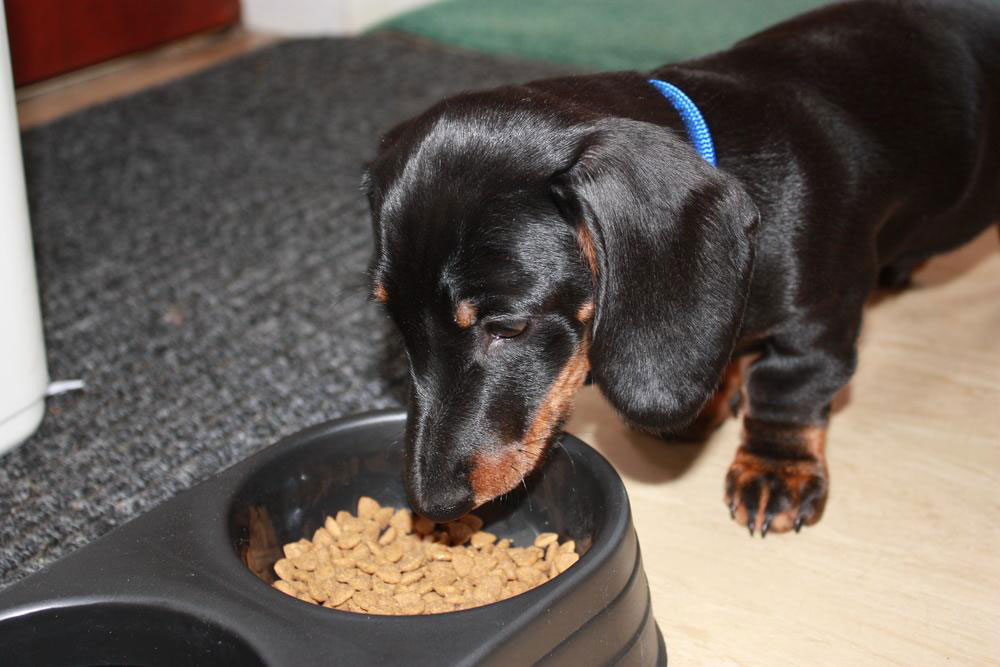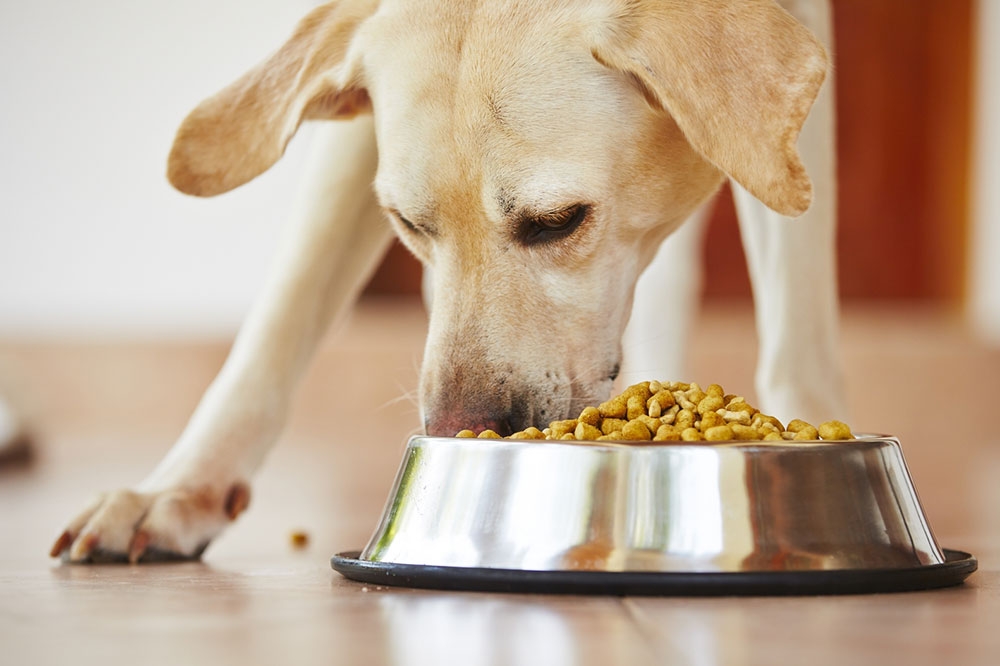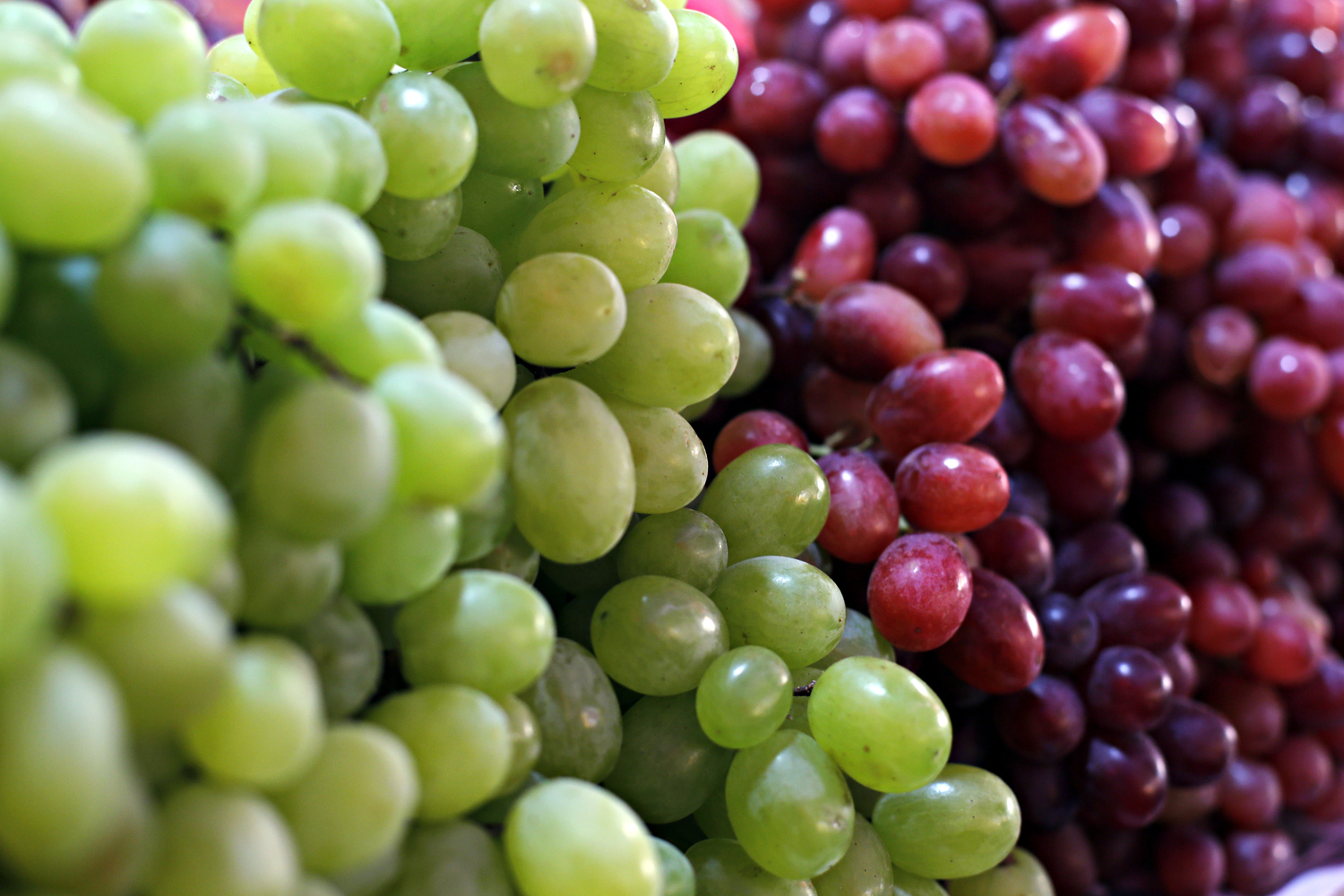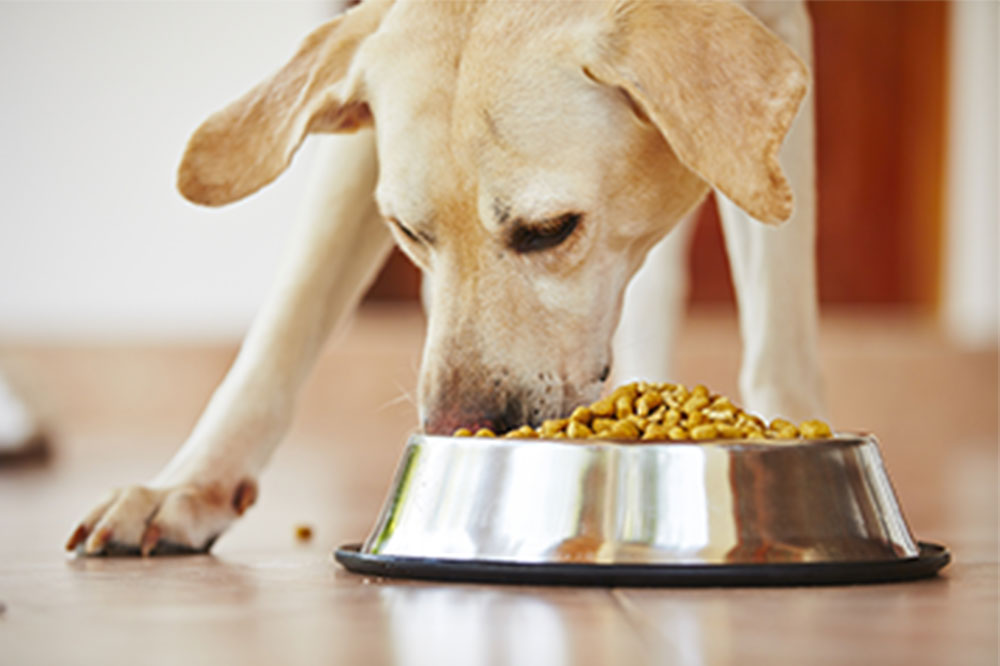Essential Guide to Human Foods That Are Toxic to Dogs and Safe Dietary Choices
This comprehensive guide details human foods that are toxic to dogs and provides safe, nutritious dietary options. Learn which foods to avoid, symptoms of poisoning, and vet-recommended dog foods to ensure your pet’s health and happiness. Perfect for responsible pet owners who want to protect their furry friends from common dietary dangers while offering healthy alternatives.

Understanding Which Human Foods to Avoid Feeding Dogs and Healthy Alternatives
Many dog owners love sharing moments with their furry friends, often tempted to give treats or scraps from their own meals. While this gesture seems harmless and even affectionate, it’s crucial to understand that some human foods can pose serious health risks to dogs. Recognizing dangerous foods and knowing safe dietary options can help you keep your canine companion healthy and happy. In this comprehensive guide, we will explore which human foods are toxic or risky for dogs, the symptoms of poisoning, and healthy, vet-approved food choices to support their well-being.
Why Some Human Foods Are Dangerous for Dogs
Dogs have different metabolic processes compared to humans, meaning that certain foods safe for us can be harmful or even fatal for them. Pets may accidentally ingest dangerous foods when owners are unaware, especially during meal times or festive occasions. Therefore, understanding the specific foods to avoid along with healthy alternatives is vital for responsible pet ownership. This knowledge can prevent pet emergencies, costly vet treatments, and, most importantly, protect your pet’s health.
Common Human Foods That Are Toxic or Harmful to Dogs
Chocolate
Chocolate is a universally enjoyed treat in many households, but it contains theobromine and caffeine, substances that are highly toxic to dogs. Ingesting even small amounts of chocolate can trigger symptoms such as vomiting, diarrhea, abdominal discomfort, rapid breathing, increased heart rate, seizures, and even death in extreme cases. The darker the chocolate, the higher the risk due to its higher theobromine content. Veterinary experts warn pet owners to keep all forms of chocolate, including baking chocolate, cocoa powder, and chocolate candies, out of reach of dogs.
Caffeine (Coffee, Tea, and Energy Drinks)
Caffeine, found not only in coffee and tea but also in energy drinks, soda, and certain medications, poses a significant danger to dogs. Even small amounts can cause hyperactivity, rapid heartbeat, tremors, vomiting, diarrhea, and seizures. Since caffeine has a long half-life in dogs, accidental ingestion can lead to prolonged symptoms requiring emergency veterinary care. It’s best to keep caffeinated products stored securely away from pets to prevent accidental ingestion.
Citrus Fruits and Their Components
While some fruits are safe for dogs in moderation, citrus fruits such as oranges, lemons, limes, and grapefruits can be problematic. The peels, seeds, leaves, and stems contain citric acid and essential oils that can irritate a dog’s digestive system, causing discomfort or gastrointestinal upset. Additionally, excessive consumption of citrus can depress the nervous system, leading to lethargy or more severe health problems. Owners are advised to provide citrus fruits cautiously and remove all peels and seeds before offering small amounts as treats.
Grapes and Raisins
Grapes and raisins are highly toxic to dogs, with ingestion leading to sudden kidney failure. Symptoms may include vomiting, diarrhea, lethargy, loss of appetite, and abdominal pain. The exact cause of toxicity isn’t fully understood, but even small quantities can be dangerous. Pet owners should avoid giving grapes or raisins to dogs entirely to prevent potential life-threatening complications.
Onions, Garlic, and Related Vegetables
Onions, garlic, leeks, chives, and shallots contain compounds that can damage dogs’ red blood cells, leading to anemia. Symptoms include weakness, pale gums, rapid breathing, and an increased heart rate. This damage can occur even with small amounts and may develop several days after ingestion. Always keep these vegetables out of reach and be cautious about giving your dog human food containing onion or garlic powders.
Healthy and Safe Human-Grade Dog Food Options
If you’re looking to supplement your dog’s diet or offer nutritious meals, opt for vet-recommended, high-quality dog foods formulated to meet their specific nutritional needs. Here are some excellent options available on the market:
Royal Canin Small Breed Dry Dog Food
This specially formulated dry food is designed for small breed dogs. It offers a balanced mix of nutrients, including L-carnitine, which supports healthy fat metabolism and weight management. The 2.5 lb bag typically costs around $15 and is readily available at pet stores such as Petco. The inclusion of precisely balanced ingredients ensures that your tiny companion receives optimal nutrition without the risks associated with sharing human food.
Hill’s Science Diet Sensitive Stomach & Skin Dry Dog Food
Priced at roughly $40.99 for a 15 lb bag, this premium dog food contains prebiotic fibers that promote healthy digestion, Omega-6 fatty acids for a shiny coat, and vitamin E to support immune health. This formula caters specifically to dogs with sensitive stomachs or skin issues, ensuring they receive gentle yet effective nourishment. Many pet owners trust Hill’s Science Diet for its clinical research-backed formulation that supports overall well-being.
JustFoodForDogs PantryFresh Lamb & Brown Rice
Made from 100% human-grade ingredients, this meal is prepared in USDA-approved kitchens, ensuring safety and quality control. It contains carefully selected ingredients like lamb and brown rice, which are gentle on digestion while providing essential amino acids and nutrients. Free from preservatives, fillers, and feed-grade ingredients, this food emphasizes transparency and quality. Retailing at approximately $74.95 for a 12-pack (12.5 oz each), it is a wholesome choice for conscientious pet owners who wish to offer their dogs a diet close to natural human food standards.
In conclusion, understanding the foods that are harmful to dogs and having access to safe, nutritious alternatives is vital for responsible pet care. By avoiding toxic foods such as chocolate, caffeine, citrus, grapes, and onions, and opting for vet-recommended products, pet owners can significantly improve their dogs' health and longevity. Regular consultation with a veterinarian about your pet’s diet can also help tailor the best food plan suited to their specific needs, ensuring your furry friend remains active, healthy, and happy for years to come.





